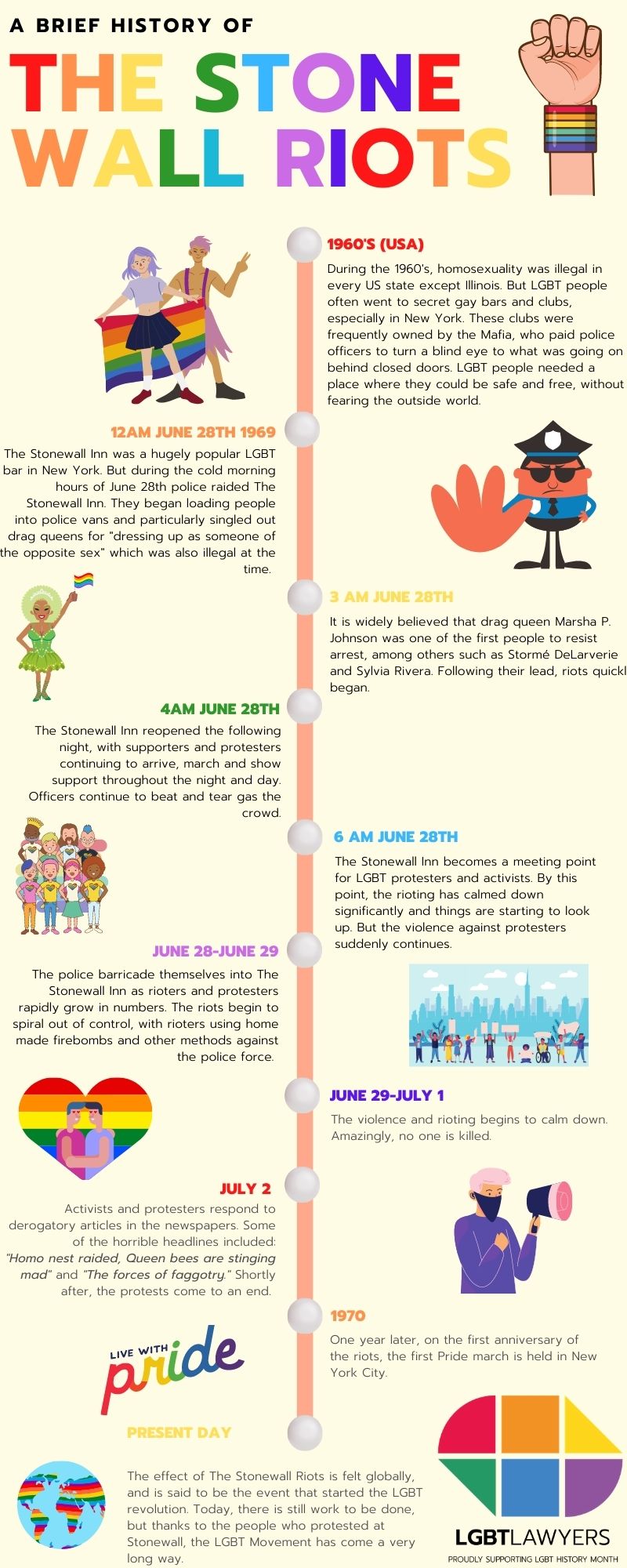LGBT History | Read Time 10 Minutes.
For the LGBT community, the path to equality and acceptance has been littered with battles, injustices and prejudice. In 2020, we are lucky to say that the LGBT community has progressed the most in its history. However, it’s important that we never forget the people who have come before us. The creative, intelligent and beautiful people who have marched, shouted and fought for LGBT equality. So, LGBT Lawyers has compiled a list of 5 pivotal events in LGBT history that we believe everyone should know about. From individual life stories to group marches, this blog captures stories from 5 decades of history, and the LGBT stamp that was left on them.
5 pivotal events in lgbt history
1. Roberta Cowell is the first British transgender woman to undergo gender reassignment surgery (1951)
By the time of her death in 2011, Roberta Cowell had all but vanished from the memory of the British people. Her entire withdrawal from the public eye has allowed her name to slowly fade from the centuries that followed her. But the British public should never forget Betty Cowell. She was the first known person in the UK to undergo gender reassignment surgery.
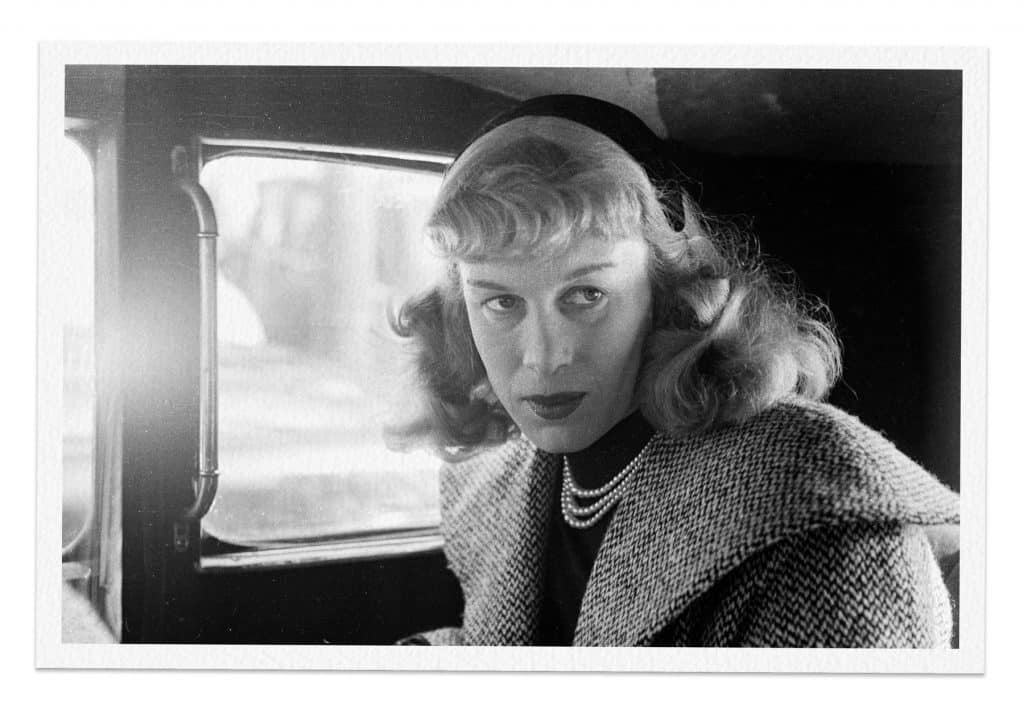
In 1951 Robert Cowell, a Second World War fighter pilot, and professional racing driver, decided to change his life. Instead, he chose to become “a woman physically, psychologically, glandularly and legally” as so stated in her autobiography.
Unbeknownst to Cowell, the years that followed her death would pave the way for a new generation of individuals. Her name has since been summoned as a pioneer for LGBT and transgender rights.
2. The Stonewall Riots (1969)
Of all historical LGBT events, The Stonewall Riots are among the most infamous. On June 28 1969, The Stonewall Inn, an LGBT bar in New York City was subjected to a random and violent police raid. Having finally had enough of the years of abuse against them, the LGBT community finally retaliated.
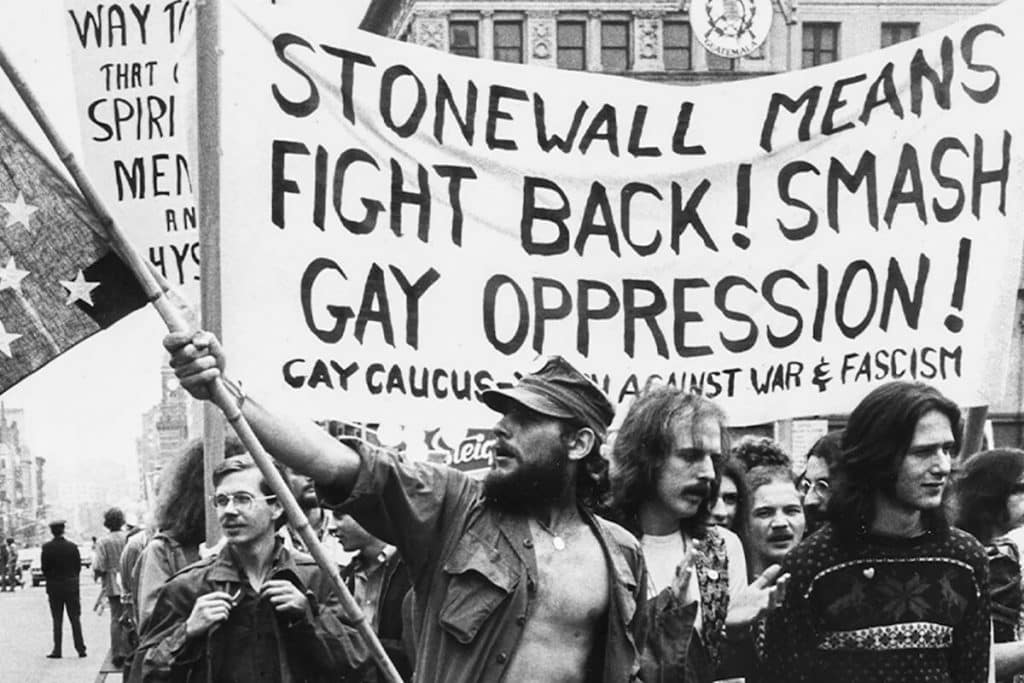
The Stonewall Riots spanned over 5 days end ended with over 1,000 supporters. Whatsmore, it is one of the most important LGBT events of our history. The Stonewall Riots were crucial in raising international awareness of the inequality towards the LGBT community. It was, sadly, renowned for its violent attacks, heavy rioting and police brutality,
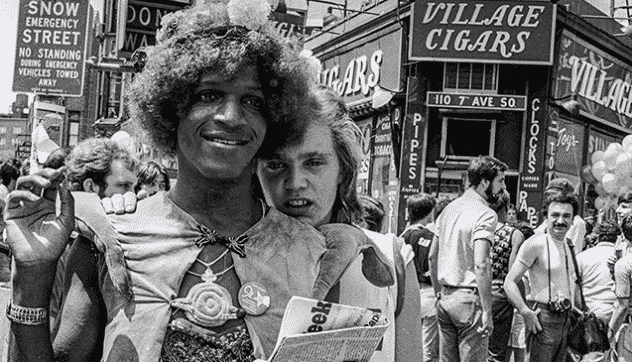
LGBT rights have come a long way since infamous drag artist Marsha P. Johnson (pictured above) marched for her rights back in 1969. Although The Stonewall riots took place in NYC, the effect was felt throughout the world. Now, it is frequently referred to as the starting point for the LGBT fight for equality. Take a look at The Stonewall Charity website for more information.
3. The first Pride march is held in London (1972)
Here in Brighton and Hove, we are no strangers to the delights of Pride weekend. It is a celebration of all thing’s LGBT, where members of the community come together. Friends, family and non – community members friends come to celebrate love, acceptance and unity.
Throughout the years Pride has been named and renamed, until finally being settled as the Lesbian, Gay, Bisexual and Transgender Pride, in 1996. But did you know that back in the 1970’s, the first ever gay Pride was held in London.
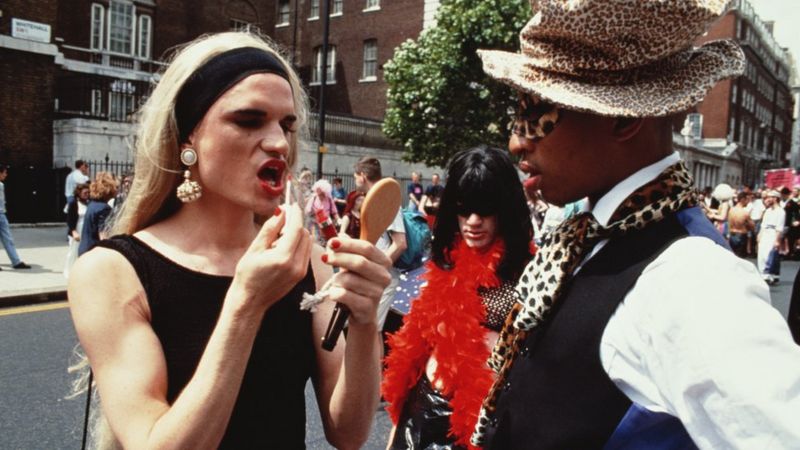
On the 1 of July 1972, just three years after The Stonewall Riots, 2,000 people took to the streets of London. Marching for their rights, they triggered an annual event that is now celebrated all over the world. 2,000 people is just a scratch on the surface of the 1.5 million who went to London pride, 2019. 2019 marked the 50th anniversary of the 1969 Stonewall March.
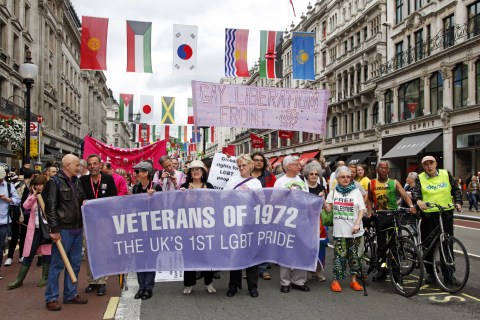
4. The introduction of The Section 28 Act (1988)
For every step forward that the LGBT movement has taken, there has always been something pushing it back. For 1980’s Britain, this was the Section 28 Act.
This new act prohibited the promotion of homosexuality and the publishing of any material that promoted homosexuality. This included the teaching of homosexuality in schools. Furthermore, LGBT groups had to quickly come to an end and all LGBT literature was forcefully removed. Schools, libraries and book shops across the country were told to stop the promotion of the LGBT message.
These new regulations “prevented the spread of disease” and to “ensured that children are taught to respect traditional moral values.” In essence, LGBT individuals were being told that their country did not regard them as “moral.” Their long fight to be treated as equals, was now forcing them to be, once again, treated as a secondary citizens.
For 15 years, Section 28 was law in the UK. Finally, in 2003, the outdated legislation was discontinued, and hope and prosperity were returned to the LGBT community
5.The World Health Organisation declassifies homosexuality as a mental illness (1992)
In 1992, just 4 years after the enforcement of Section 28, the world breathed a sigh of relief when The World Health Organisation (WHO) finally declassified homosexuality as a mental illness. Homosexuality was removed from ICD-10, WHO’s tenth revision of International Classification of Diseases.
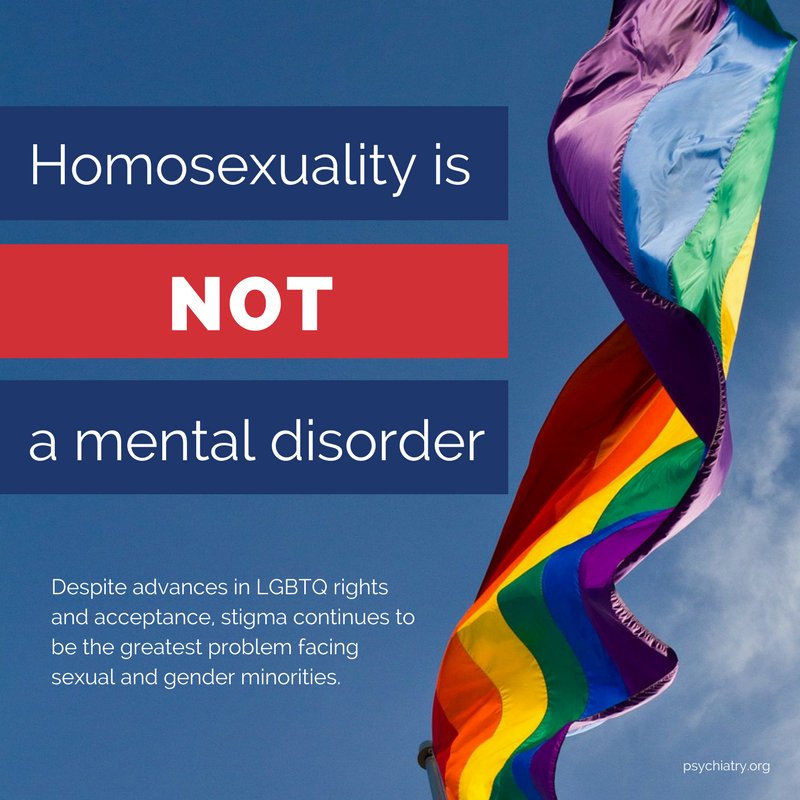
Though the LGBT community still had a long way to go on the fight for equality, the world and its governing bodies no longer boiled homosexuality down to a “mental defect”. From that day forward, the World Health Organisation has chosen May 17 to commemorate the decision to declassify homosexuality as a mental disorder.
This declassification has led to a variety of changes in the UK and the US. People now regard members of the LGBT community as regular citizens. Before, LGBT individuals followed the antiquated idea they were “diseased” or “mentally defected.” Psychologists now offer gay affirmative therapy as opposed to gay conversion therapies, in a bid to help LGBT members accept their sexual orientation.
So, there you have it: 5 pivotal events in LGBT history that have shaped the way the LGBT community is viewed and accepted now.
And what a way we have come since that day in 1951 when Roberta Cowell was brave enough to follow her heart and change her life for the better. I hope this blog leaves you feeling educated and inspired to pass what you have learned on to friends and family.
Although we have come a long way, members of the LGBT community still experience problems in day to day life because of their sexuality. That’s why LGBT Lawyers is dedicated non- bias, judgement free representation of all of our clients. We can help, whether you’ve had a discrimination issue at work, you’ve had a problem with a landlord or tenant (amongst many, many other legal areas). Contact LGBT Lawyers today for an initial consultation and some friendly, honest advice.
All images in this blog post are courtesy of Google Images.
Hungry for more?
Take a look at our short infographic, “a brief history of The Stonewall Riots” for some more information on the legendary event that kick-started the LGBT fight for equality.
